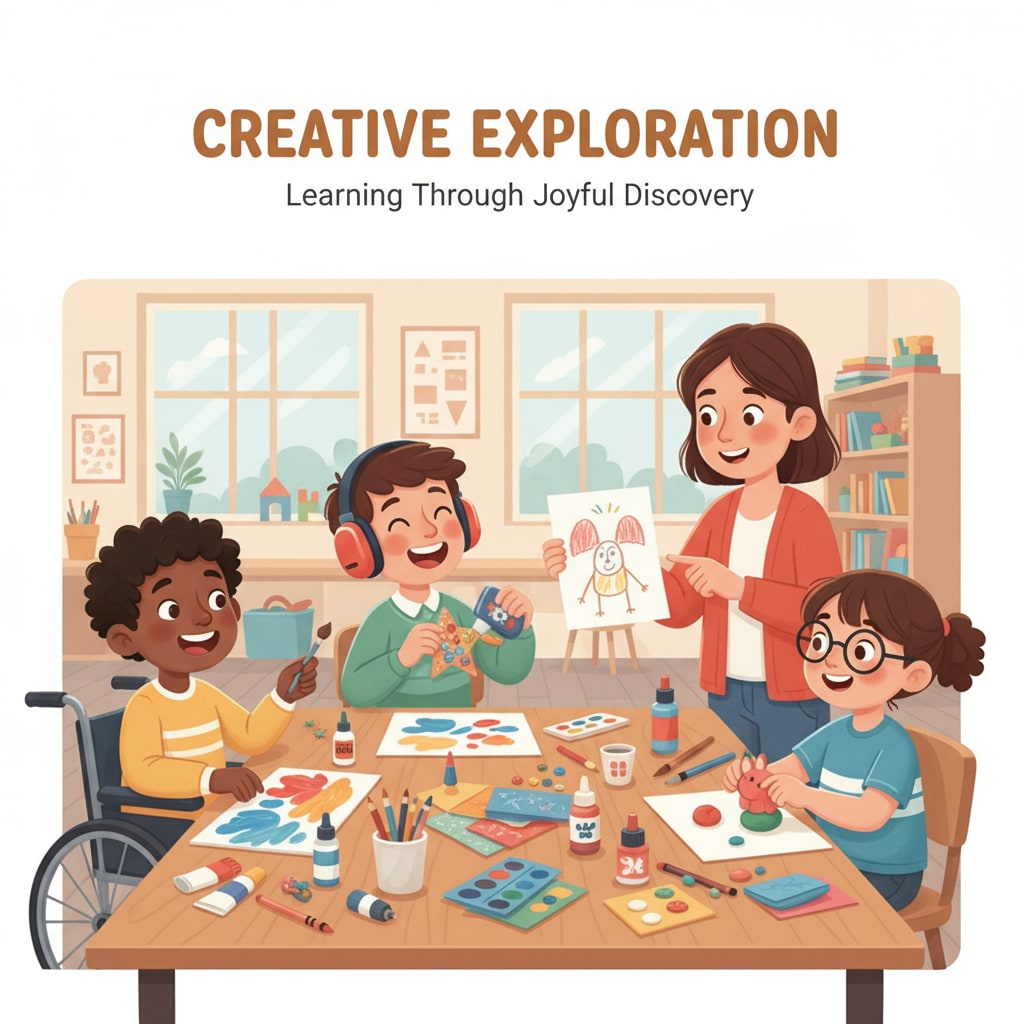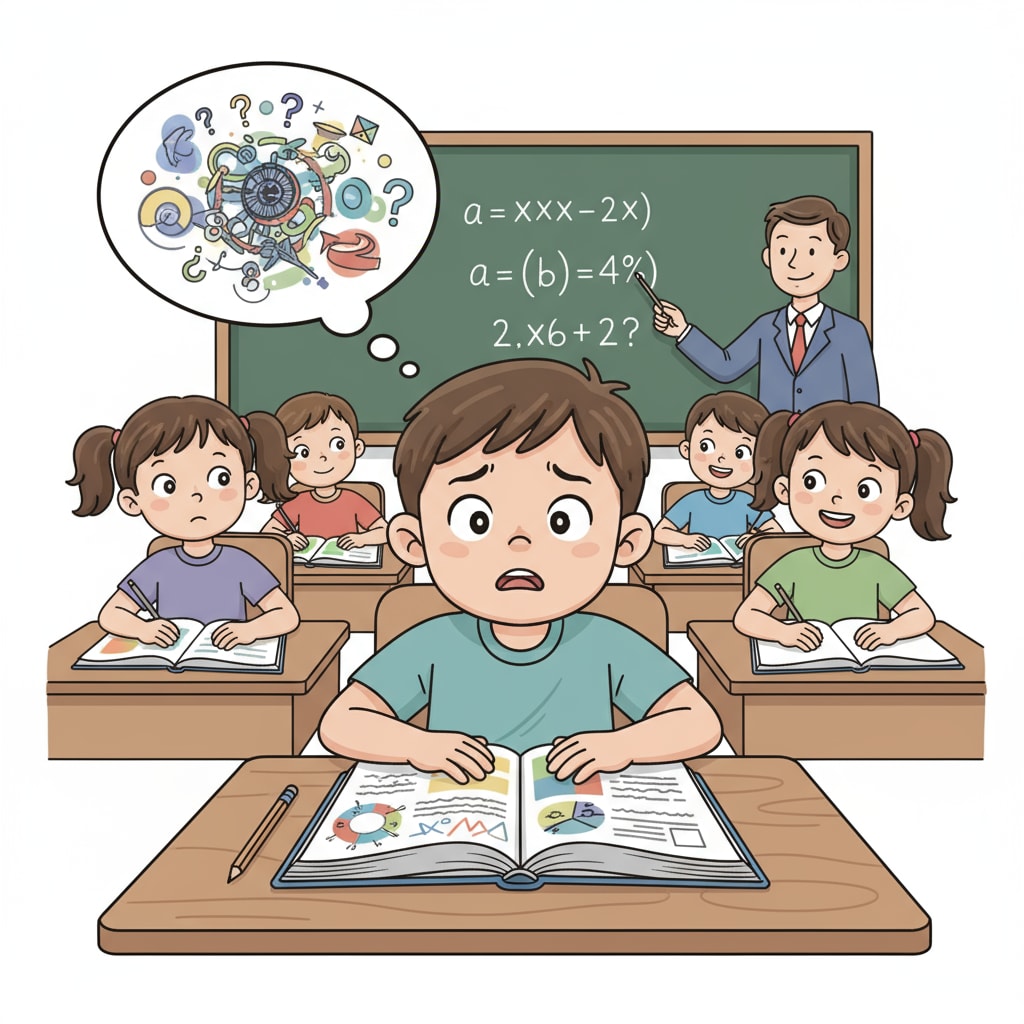Educational choices for special needs children often present a complex challenge, especially when considering the limitations of traditional schools. For parents of these children, the search for an appropriate educational environment is crucial. Special needs children have unique learning requirements that may not be adequately met within the framework of traditional education. This article delves into various educational alternatives, helping parents navigate this difficult journey.

The Struggles in Traditional Schools
Traditional schools are generally designed to follow a one-size-fits-all model. However, special needs children often require individualized attention, which is hard to achieve in a large classroom setting. For example, children with learning disabilities may find it difficult to keep up with the regular curriculum pace. Teachers in traditional schools may not have the specialized training or resources to address the diverse needs of these students. As a result, many special needs children may feel frustrated and disengaged from learning. According to Understood.org, a significant number of special needs students struggle academically and socially in traditional educational institutions.

Montessori Education for Special Needs
Montessori education offers a different approach. It emphasizes individualized learning and hands-on experiences. In a Montessori classroom, children are given the freedom to explore and learn at their own pace. For special needs children, this can be highly beneficial. For instance, those with sensory processing issues can benefit from the tactile materials and sensory-rich environment. The Montessori method also encourages independence and self-directed learning. As explained on Wikipedia’s page on Montessori education, it can help special needs children build confidence and develop essential skills.
Another alternative to consider is the concept of micro-schools. These are small, often community-based educational settings. Micro-schools can provide a more intimate and personalized learning environment. With fewer students, teachers can focus more on the individual needs of each child. This can be a great option for special needs children who require a more tailored educational experience.
Readability guidance: The key is to understand the unique needs of special needs children. By exploring different educational options like Montessori and micro-schools, parents can make informed decisions. Remember, every child is different, and finding the right fit is essential for their educational success.


